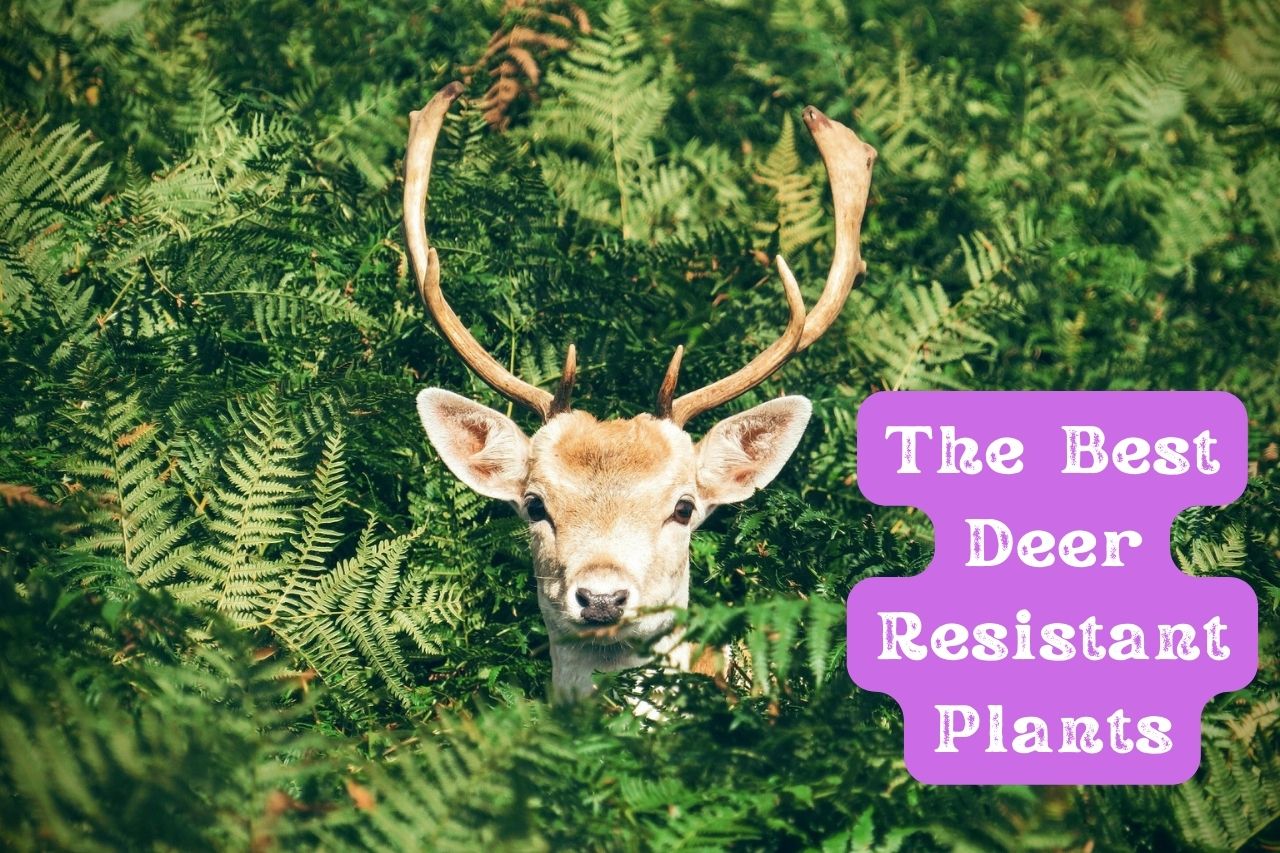Deer can do quite a number on your desirable plants. Rather than fending them off with deer repellents, it’s much easier to use plants that deer don’t like from the get-go.
As a result, they should stay far away from your gardens and yards!
In the long-run, choosing deer repellent plants will save you a considerable amount of time and money!
While no plant is 100% deer proof, there are a multitude of plants that deer show very little interest in.
These plants possess one or more traits that deer consider displeasing and therefore tend not to go near them.
Below are 3 resources that we turn to when deciding on the best deer resistant plants:
- The Farmer’s Almanac is hands down one of the best sources of information on this topic. They’ve been around forever and have accumulated data on a myriad of landscaping and gardening subjects. They state that there are 3 main categories of plants that deer dislike:
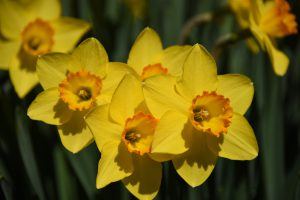 One of the main types of plants that deer stay away from are those that are poisonous in nature. They have a natural aversion to these plants as they know that they will result in illness. Some of these plants include daffodils, foxgloves, and poppies.
One of the main types of plants that deer stay away from are those that are poisonous in nature. They have a natural aversion to these plants as they know that they will result in illness. Some of these plants include daffodils, foxgloves, and poppies.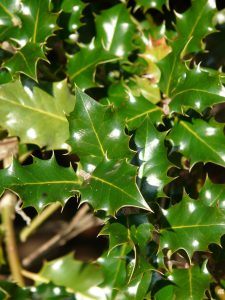 Another category of plants that deer tend to not like are those with sharp or pointy edges such as lamb’s ear and hollies. It is very difficult for these animals to eat and digest these foods so it’s no surprise that they do not fancy them.
Another category of plants that deer tend to not like are those with sharp or pointy edges such as lamb’s ear and hollies. It is very difficult for these animals to eat and digest these foods so it’s no surprise that they do not fancy them.- Lastly, The Farmer’s Almanac states that deer shy away from plants with strong
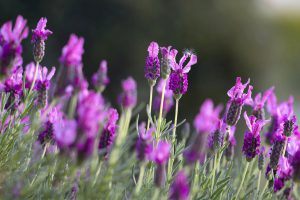 scents. The strong odors that these plants give off bother deers’ sense of smell and therefore deer shy away from them. Some of these plants include sages, ornamental salvias, lavenders, peonies, and bearded irises.
scents. The strong odors that these plants give off bother deers’ sense of smell and therefore deer shy away from them. Some of these plants include sages, ornamental salvias, lavenders, peonies, and bearded irises.
- Another valuable resource for finding deer deterrent plants is this chart prepared by Rutgers University.
- The chart clearly displays the Common Name, Latin Name, Type, and Deer Resistance Rating of each of the plants.
- There are also very useful Search and Browse functions on the page to find specific plants that you may be looking for.
- The deer resistance rating system designed by Rutgers ranges from “A” meaning rarely damaged to “F” meaning frequently severely damaged.
- Rutgers used information obtained by a wide variety of industry experts to produce this amazing chart.
- We highly advise consulting it prior to making your landscaping decisions if you live in a deer populated area!
- One final resource that we consider to provide great advice on deer deterrent plants is the video below:
Bottom Line
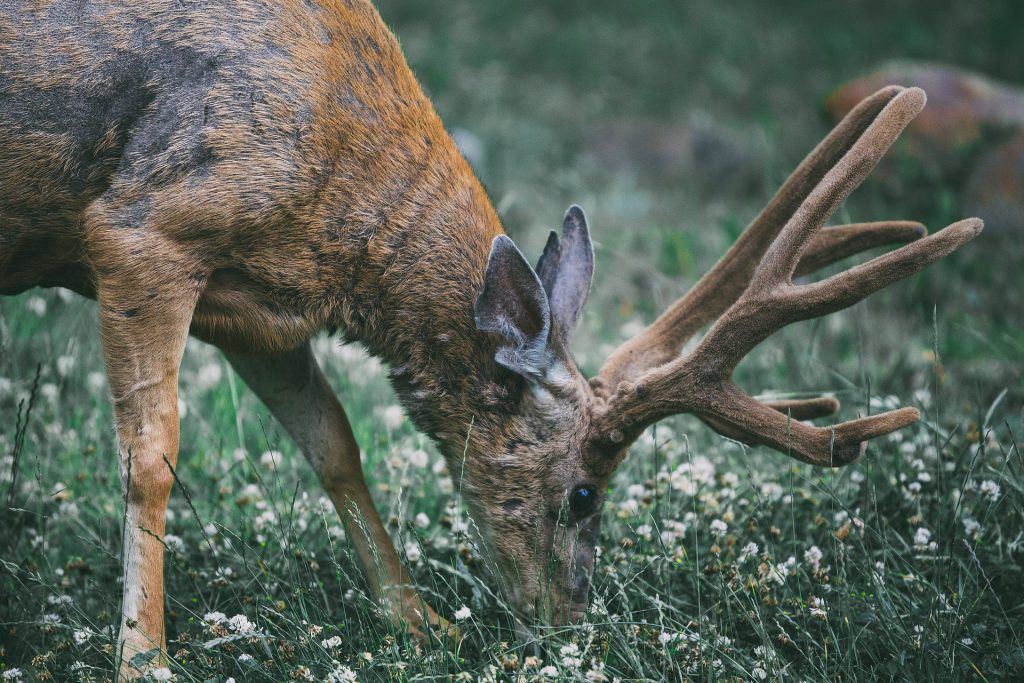
All of the aforementioned resources are great places to find plants that deer don’t like.
They are full of great advice and present you with some of the best deer resistant plants available.
We think they should be your starting point in your quest to find deer repellent plants for your garden.
If however, you want to protect plants that deer like to eat, we recommend you using a reputable electronic or natural deer repellent.
In the event that neither of those work out for you, a quality deer fence may be your only solution.
We wish you the best of luck in your effort to obtain deer free gardens and yards!
Please feel free to leave comments below!

